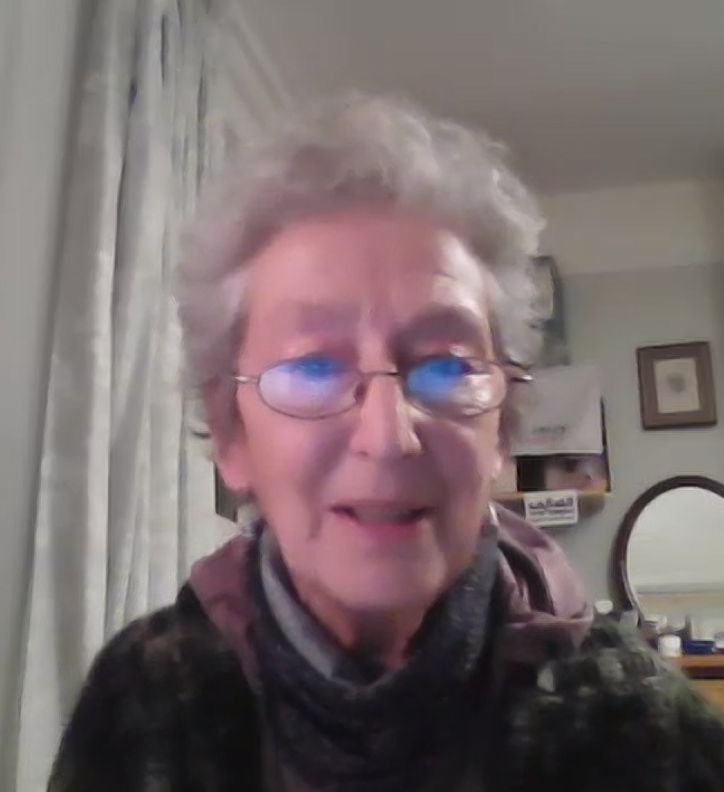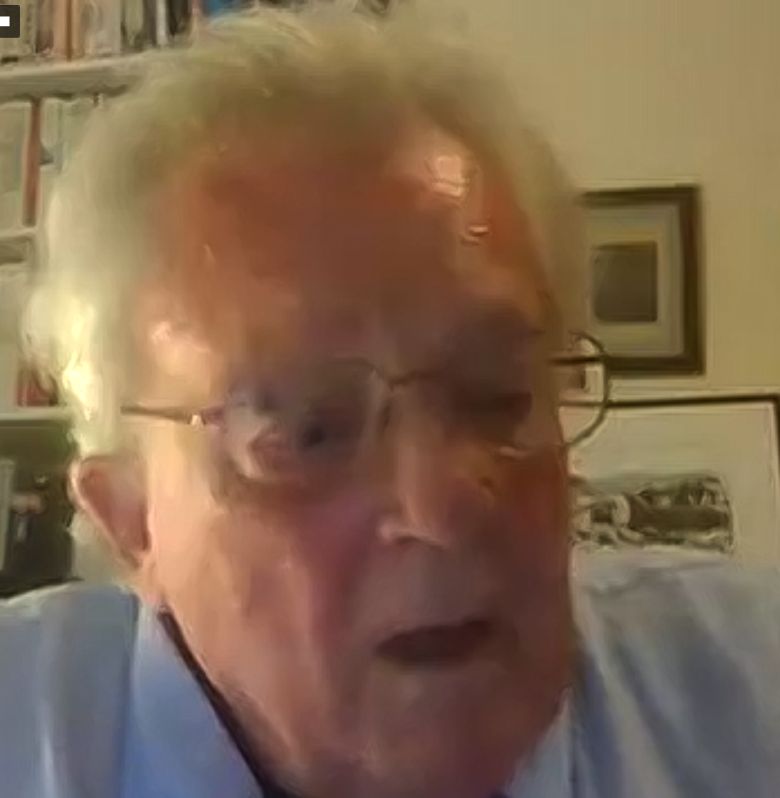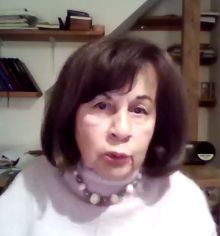Israel-Palestine: Are we reporting fairly?
LONDON FREELANCE Branch organised an online seminar for members on whether British reporting of the Gaza-Israeli war is fair. The event was jointly arranged with the Jewish Network for Palestine. It took place on Zoom on Tuesday 28 November. It was recorded and you can watch it on the London Freelance Branch YouTube channel.
THE GHASTLY conflict in Israel-Palestine has filled the media - but has the reporting been fair? There is pressure on journalists to conform to the lines taken by their publishers, often following the narrative of a liberal democratic Israel forced to defend itself from Palestinian terrorism.
But has this interfered with accurate and balanced reporting? Should journalists be looking beyond the stereotypes?
To analyse how the media is performing in its coverage of the war, as well as discuss the geopolitical issues at the heart of the conflict, London Freelance Branch organised an online seminar in conjunction with the Jewish Network for Palestine (JNP), held on 28 November.

Naomi Wimborne-Idrissi: "Israeli suffering is carefully portrayed... but humanising coverage of Palestinian civilians has been lacking."Image © Alistair Dabbs
The opening speaker was Naomi Wimborne-Idrissi, an NUJ Life Member and a former Reuters correspondent and bureau chief. She drew attention to the lack of historical context in much of the reporting, with news outlets allowing the horror of the Hamas massacre on 7 October to overshadow 75 years of occupation and atrocities carried out by the state of Israel. She gave several examples in which interviewers, reporters and news anchors routinely framed official information coming out of Gaza as suspect while accepting contrary statements from the Israeli government as fact.

Tim Llewellyn: "A thing that distresses me is how some BBC journalists are forced into this straitjacket of reporting in this one-sided way."
Tim Llewellyn, a former BBC Middle East correspondent in Beirut, followed this up by playing a series of media clips to make the point. In one, a Palestinian analyst in Ramallah, speaking on the Today programme about the bombing of Gaza citizens, was repeatedly challenged to condemn the Hamas violence, as if this was somehow her responsibility. In another, a BBC podcast presenter began a show by referring to data that had already been revealed at the time to be incorrect. A third clip showed BBC reporter Jon Donnison casting reasonable doubt on a claim by the Israeli Defence Force - which led to him being castigated by politicians while the BBC "hung him out to dry", according to Tim Llewellyn.

Ghada Karmi: "The two-state solution is a corpse and should not be exhumed from time to time as is happening now."
The final speaker, Palestinian journalist and writer Ghada Karmi, talked to participants about "false framing" of the historical Israel-Palestine relationship. There is no equivalence between the two, she said - neither in terms of funding, nor in military power, nor in international support. The two-state solution, she said, had been proven to be "logistically impossible" and that a one-state approach, in which Israelis and Palestinians co-exist in full equality in a single democratic state, might fare better.
Also speaking during the seminar were LFB's Mike Holderness, who has been tracking the daily rising number of journalists confirmed to have been killed in the conflict, and LFB's Mariam Elsayeh Ibrahim, who outlined a Branch initiative to counter fake news and unethical reporting (see below). The event was hosted by Branch chair Tim Gopsill.
 Watch youtube.com
Watch youtube.com
 A case study in misinformation in Israel's war on Gaza
A case study in misinformation in Israel's war on Gaza
![[Freelance]](../gif/fl3H.png)